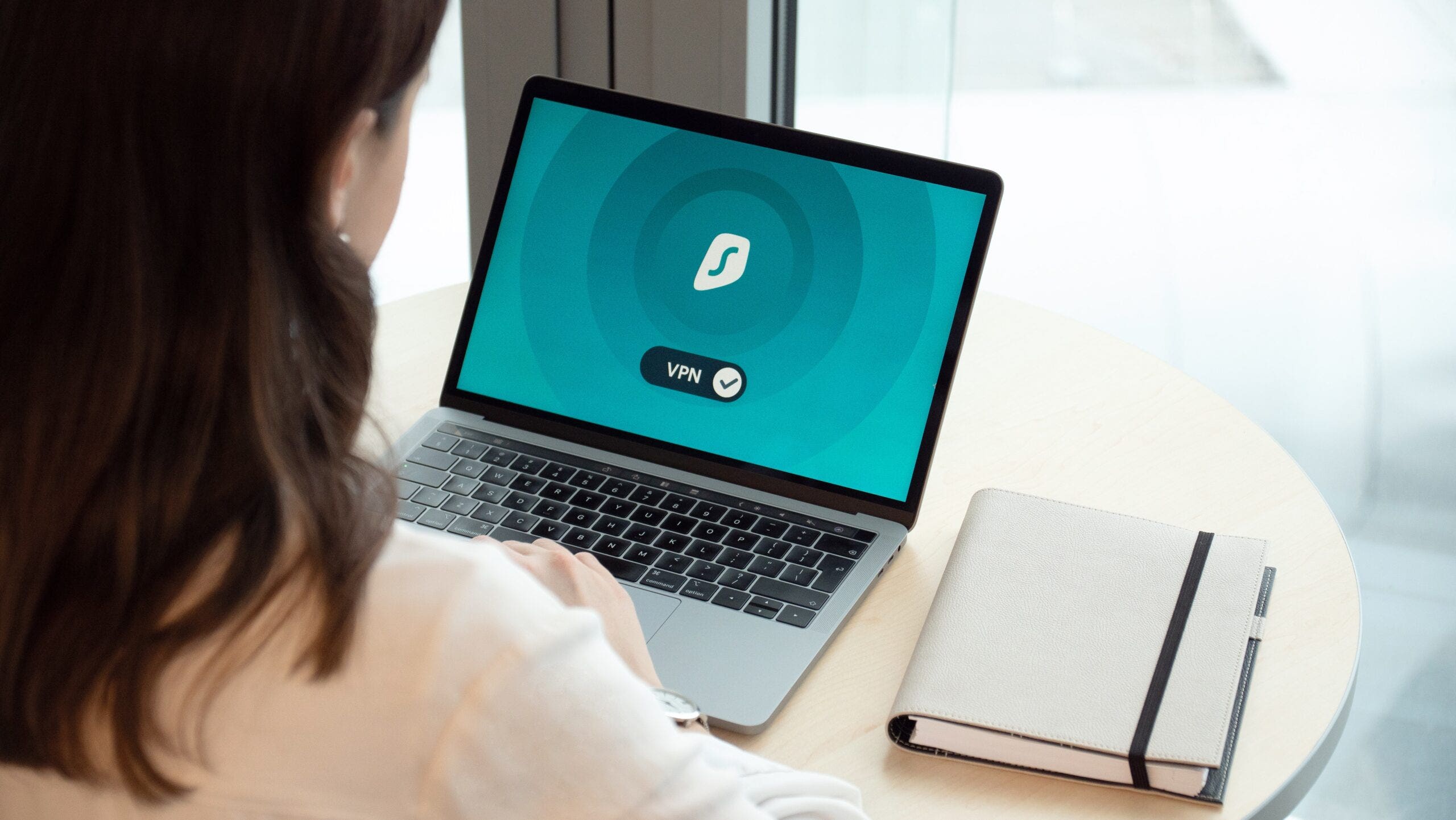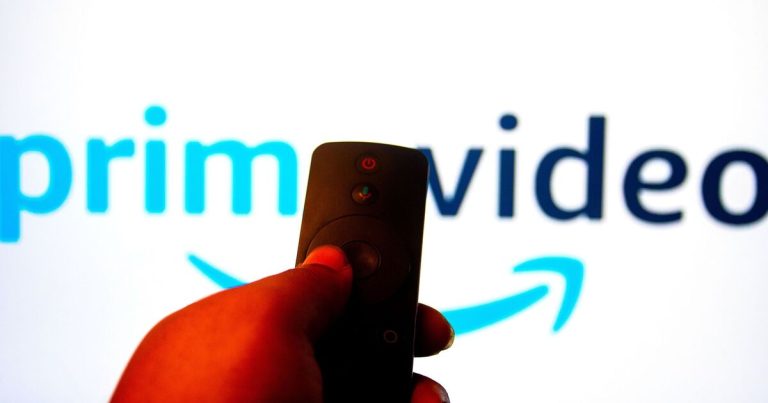
Table of Contents
Show more
Show less
Navigating the online world can feel like walking a tightrope when it comes to maintaining privacy. You want to reveal enough about yourself so you get relevant information but hide enough to remain secure online. A virtual private network (VPN) hides your digital footprints and offers a solution by safeguarding your information. But while it hides a great deal, it doesn’t completely make you invisible. Let’s take a closer look at exactly what a VPN hides, and most importantly, what it doesn’t.
Featured Partners
Lowest Monthly Price
INR 329.07 ($3.99) + 3 months free
Money Back Guarantee
30 days
Lowest Monthly Price
INR 197.29 + one month free
Money Back Guarantee
30 days
Lowest Monthly Price
INR 158.89
Search History
When you’re connected to the internet without a VPN, your internet service provider (ISP) can see every website you visit and every search you make. This is because your search requests travel through the ISP’s servers before reaching the desired destination. Therefore, ISPs can log this information and even sell it to third parties, such as advertisers.
When you use a VPN, your internet traffic is routed and encrypted through the VPN server. This means your ISP will no longer see your online activities—it can only view that you’re connected to a VPN. This productively hides your browsing history from your ISP.
IP Address
An Internet Protocol (IP) address is essentially the digital equivalent of a mailing address for your device. When you connect to the internet, your device is assigned an IP address by your ISP. This IP address is unique to your current connection and provides information about your location and online activities. It is used to receive the data you request for.
A VPN creates an encrypted tunnel between your desired device and the VPN server. When you connect to the internet through a VPN, your connection request is then sent to the VPN server which later, on your behalf makes the request. As a result, the IP address that’s visible to the internet is that of the VPN server and not your authentic one, effectively covering up your real IP address.
Benefits of Hiding IP Address
Hiding IP addresses enhances your online privacy by preventing websites, third-party trackers and potential cyberattackers from tracking your online activities based on your IP address. It also safeguards your anonymity online, reducing your digital footprint. This is particularly important in situations where freedom of speech is compromised, as it allows users to express their views without fear of retribution.
Geolocation
By hiding your original IP address, a VPN also masks your physical location. Your IP address usually reveals your geographical location to any site or service you connect with. But when using a VPN, the visual IP address would be the one related to your VPN server’s location, not the actual location.
As a VPN can have servers in multiple locations, spanning countries, you may even come across as browsing from a different country.
Importance of Hiding Geolocation
From a privacy standpoint, a VPN keeps your geographical location private, thwarting any attempts by websites, services or ill-intentioned actors to pinpoint your location based on your online activity.
From a content accessibility viewpoint, it allows you to circumvent geographical restrictions imposed by certain websites or services (including some streaming platforms or news websites), giving you access to a wider range of content.
Personal Data
A VPN safeguards your personal information by establishing an encrypted connection between your device and a server. It masks your IP address, making your online activities harder to track, and creates a secure data tunnel that protects your information from potential eavesdroppers. This includes your browsing history, transactions, emails and other personal data, ensuring they can’t be intercepted or deciphered by unauthorized entities.
Additionally, a VPN can also make it appear as if you’re accessing the internet from a different location. In a different country by connecting to a VPN server, you can spoof your location, making it visible as if you’re browsing from that country. This can help protect your privacy by making it hard to track your real-world location based on your activity on the internet.
Torrenting/Downloads
When you download files through a torrent, your IP address is visible to all the peers in the same torrent swarm, leaving you exposed to potential security risks and legal implications. A VPN protects you during torrenting by masking your real IP address with the one from the VPN server. This makes it extremely difficult for anyone to see your real IP address and location.
In addition, the VPN encrypts your data, ensuring that your upload and download activity cannot be logged or read by your ISP or any potential eavesdroppers. However, remember that while a VPN can provide security and anonymity when torrenting, it doesn’t make downloading copyrighted content legal.
Streaming Activity
A VPN can also protect your streaming activity by hiding your real IP address. This prevents websites and third parties from tracking your streaming habits, enhancing your privacy.
ISPs often slow down the internet connection when they detect heavy data usage, such as streaming high-quality video. With a VPN, your ISP only sees encrypted data and can’t distinguish your streaming activity from other types of traffic, preventing ISP throttling.
A VPN can also help you bypass geo-restrictions on content, allowing you to access an extensive range of movies and shows globally. Remember that while a VPN can bypass geographical restrictions, doing so may invade the terms of service of streaming platforms.
What a VPN Doesn’t Hide
While a VPN is an excellent tool for enhancing privacy and security, it’s important to note that your VPN provider has the potential to see your online activity. Depending on its policies, it may log and monitor your online actions, essentially replacing your ISP as the entity with visibility into your internet usage.
That’s why it’s crucial to choose a VPN provider that has a strict no-logs policy, meaning it doesn’t store any information about your online activity.
Besides, there are other instances where it doesn’t/can’t hide information.
Your Entire Online Identity
A VPN can easily hide your search history from your ISP and intensify your privacy, but it doesn’t provide complete anonymity online. Your online activities still can be tracked by online platforms if you’re signed in to your social media accounts. For instance, if you’re signed in to Google and use it to search while you’re connected to a VPN, Google can still record your search history. Likewise, social media platforms can simply track your activities on their sites.
To increase privacy, it’s advisable to use a combination of privacy tools and practices such as using privacy-focused search engines, browsing in private or incognito mode, and regularly clearing cookies.
Cyber Threats
VPNs are not designed to protect your device from malware, viruses or other cyber threats. They secure your data transmission and mask your online identity, but they don’t have the ability to scan or block malicious software.
Therefore, it is important to use additional security measures alongside a VPN. These might include often updated antivirus software, a firewall and safe internet use habits, such as not opening email attachments from unrecognizable sources.
Your Identity on Social Media and Other Platforms
VPNs also do not anonymize your activities on social media platforms or any online platform where you willingly share personal information. If you post or share something while logged into your account, the platform and anyone who views your profile can see this information.
This highlights the significance of being aware of what you share online. Even when using a VPN server, you should carefully think about what personal information you disclose on social media platforms or others. Always remember: Once something is online, it’s challenging to completely take it back.
Cookies
While VPNs provide a layer of privacy by encrypting your data and masking your IP address, they do not inherently protect against cookies.
Cookies are small files stored on your computer by websites you visit. They keep track of your activities on the site and remember your preferences, such as login information, items in your shopping cart or the pages you’ve visited. They can also be used by third parties to track your browsing behavior across different websites, which can lead to targeted advertising.
A VPN encrypts your data and changes your apparent IP address, thereby hiding your activities from your ISP and potentially from eavesdroppers. However, cookies are stored and used by your web browser, separate from the network connection that your VPN is protecting. Hence VPNs cannot protect against cookies.
VPN Options (How To Choose)
When choosing the right VPN, security, privacy policies and performance should be top priorities. The VPN should offer robust encryption, preferably AES-256, and support secure protocols such as OpenVPN or WireGuard. The provider should also have a clear, strict no-logs policy, ensuring it doesn’t store your internet activity. For better performance, look for VPNs known for fast connection speeds—this is critical for activities such as streaming or gaming.
The diversity and size of a VPN’s server network matter. Most servers result in better speed and less congestion, while a vast geographical spread allows for trouble-passing bypassing of geo-restrictions. Also, check if the VPN is adaptable to all your devices and if it allows enough simultaneous connections to be suitable for your needs.
User-friendliness and customer support should not be overlooked too. A VPN with a straightforward, intuitive interface makes setup and use simpler, especially for beginners. Reliable customer service—preferably available 24/7 through various channels—can be a lifesaver if you run into any issues.
Finally, consider the price. While free VPNs may be appealing, they often come with restrictions and may compromise on security. Evaluate many paid plans according to your budget and the features they offer. Remember, the best VPN for you will productively balance cost, performance, security and ease of use.
Here are some of the top VPN service providers according to Forbes Advisor:
- ExpressVPN: Known for its strong performance, ExpressVPN provides high-speed connections and top-notch security features, including AES-256 encryption, a strict no-logs policy and an automatic kill switch. It’s also praised for its ability to bypass geo-restrictions, making it a popular choice for streaming.
- NordVPN: NordVPN offers a large server network and robust security features. It uses AES-256 encryption and has a no-logs policy. It is also recognized for its speed, making it ideal for data-heavy tasks such as gaming or streaming.
- CyberGhost: CyberGhost stands out with its user-friendly interface, making it a great choice for VPN beginners. It provides solid security features, a wide range of servers and decent speeds. It also offers dedicated servers for streaming and torrenting.
- Surfshark: Regardless of being relatively new, Surfshark has swiftly gained a reputation among users for its strong privacy protections, affordable pricing and unlimited device connections. It employs strong encryption, reliably bypasses geo-blocks and has a no-logs policy.
- Bitdefender Premium VPN: As a prominent player in the VPN arena, Bitdefender VPN delivers top-tier protection regardless of your internet use or location. Whether you’re working, gaming, browsing, shopping or streaming, and whether you’re at home, in a local coffee shop or abroad, Bitdefender equips you with the necessary tools to maintain security and utilize your devices confidently.
Featured Partners
Lowest Monthly Price
INR 329.07 ($3.99) + 3 months free
Money Back Guarantee
30 days
Lowest Monthly Price
INR 197.29 + one month free
Money Back Guarantee
30 days
Lowest Monthly Price
INR 158.89
Bottom Line
VPNs can hide your location, IP address and online activities from Internet Service Providers (ISPs) and potential eavesdroppers, providing an outstanding level of security and privacy. However, they can’t protect against website-level tracking, cookies, malware or the details you voluntarily share online.
Despite their limitations, VPNs remain an essential tool for enhancing online privacy. But remember, not all VPNs are created equal. Responsible use involves being mindful of what you share online and choosing a trustworthy VPN provider that aligns with your specific needs. Always conduct thorough research before making a decision.
Frequently Asked Questions [FAQs]
Does a VPN completely hide my location?
Yes. A VPN can mask your real IP address, which is often used to determine your approximate geographic location. By connecting to a VPN server in a different location, you can appear to be browsing from there instead of your actual location, making it difficult for others to pinpoint your exact whereabouts.
Does a VPN hide Wi-Fi history?
A VPN can prevent your ISP or anyone on your Wi-Fi network from seeing your browsing activity by encrypting your internet connection. However, it doesn’t erase or hide your browsing history stored locally on your device; that needs to be cleared manually.
Does a VPN hide what device you use?
While a VPN masks your IP address and encrypts your internet traffic, it does not hide the type of device you are using. Websites can still gather device-specific information (including operating system, screen resolution and browser type) through methods like browser fingerprinting.





